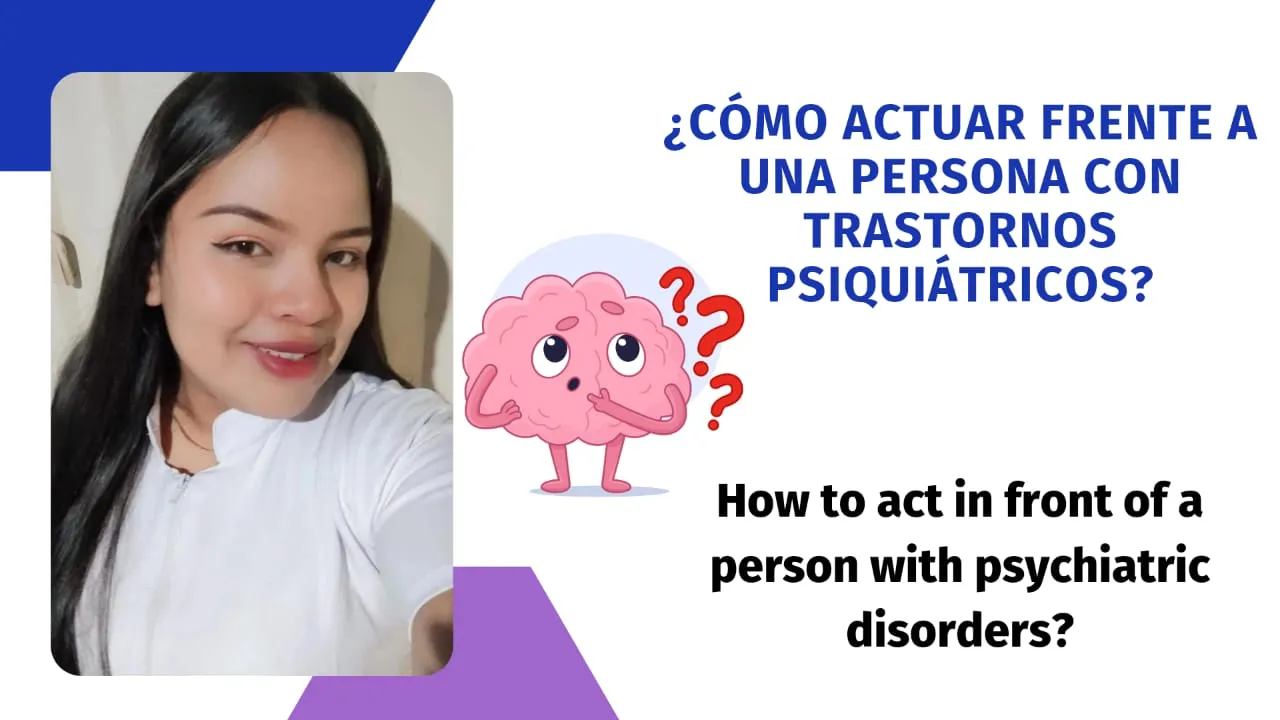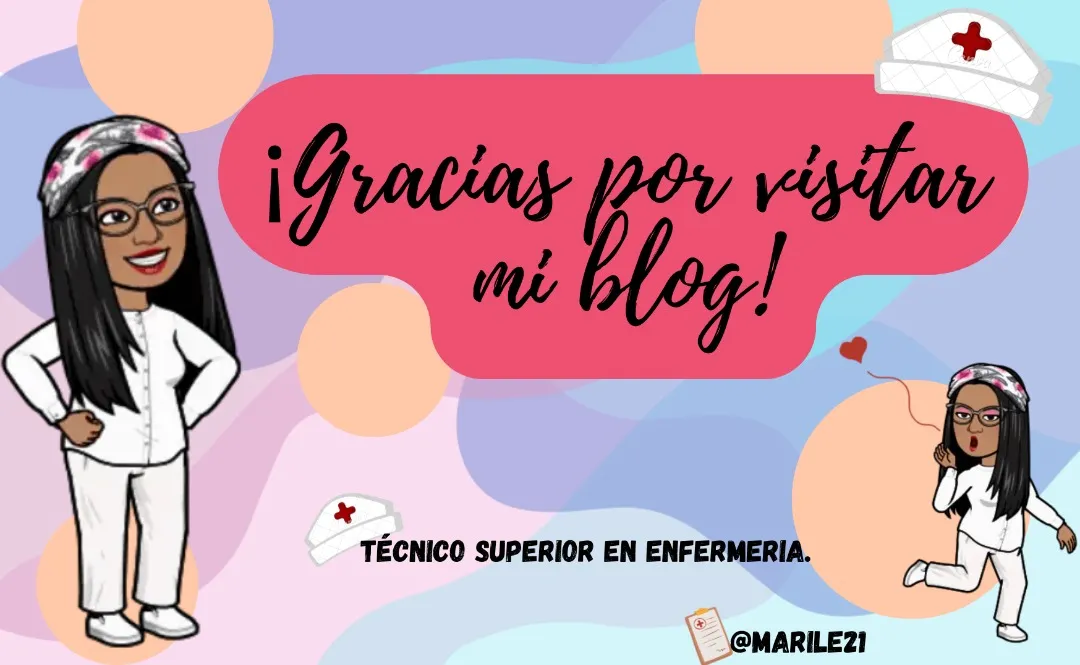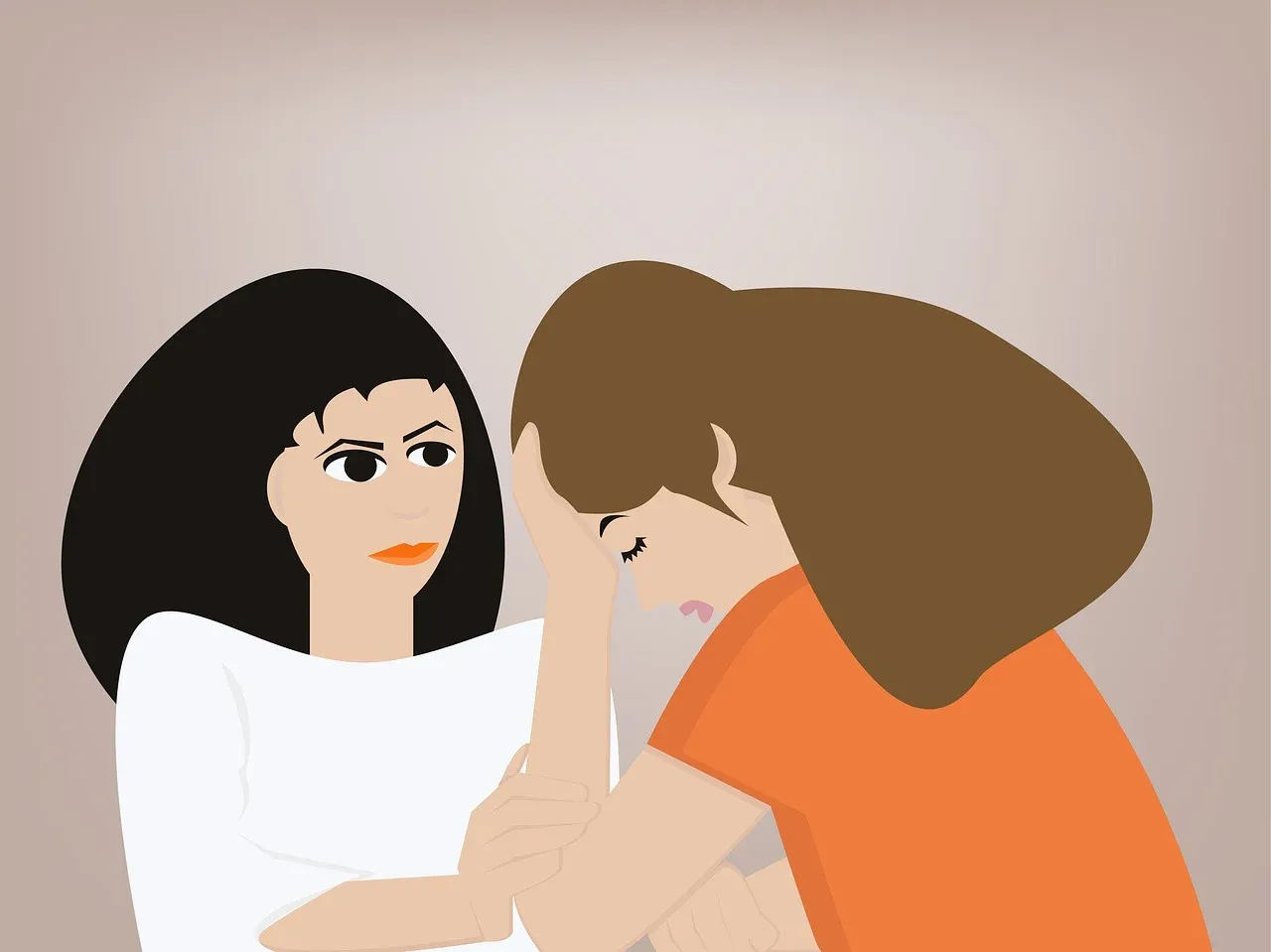
Los trastornos psiquiátricos son condiciones comunes en todo el mundo, casi siempre la mayoría de las personas en presencia de una persona con enfermedad psiquiátrica son capaces de dejarlos a un lado, también pueden pensar que no tienen los mismos derechos que los demás.

Diseño creado en @Canva -Design created in @Canva.
Estas enfermedades pueden desarrollarse en cualquier persona, joven, adulta y mayor, existen muchos factores de riesgo desencadenantes, son principalmente hereditarias, debido a trastornos en la infancia o adolescencia como la depresión, incluso algunas mujeres después del parto pueden presentar depresión, sobre todo cuando reciben emociones muy fuertes como la muerte de un ser querido.
Siempre es importante recordar que el individuo con determinados trastornos no es culpable de presentar la enfermedad ya que siempre existirá un factor de base. Para muchas familias es difícil el trato con el paciente debido a sus comportamientos, actitudes, que suelen generar agotamiento físico, insomnio, estrés, sin embargo, deben aprender a manejar estas situaciones en el camino, la sobrecarga de trabajo para el cuidador también puede afectar su salud física y mental.

Algunos de los trastornos psiquiátricos más frecuentes son la esquizofrenia, los trastornos bipolares, la depresión posparto, los trastornos obsesivo-compulsivos, la ansiedad, entre otros, es posible que la mayoría de las personas no reconozcan las manifestaciones de un paciente psiquiátrico a simple vista muchos tienden a ser ofensivos y llamarlos "locos" estas son actitudes que no debemos permitir de otras personas, ya sean familiares o amigos, al contrario, deben incluirse en cualquier actividad familiar y permitirles expresar opiniones así sepamos que no es coherente.

Hoy, por ejemplo, mientras iba en transporte público al centro de la ciudad, una persona adulta se sentó a mi lado, noté gestos extraños con sus manos y expresiones faciales inusuales. En un principio supuse que se trataba de una persona con algún trastorno psiquiátrico y lo confirmé cuando esa persona me pidió que le tomara una foto a una hoja que llevaba en la mano, además de expresar frases incoherentes que iban acompañadas de gritos a otra persona que iban en el autobús.
Palabras incoherentes, actitudes inusuales, gritos o frases ofensivas hacia otras personas son algunas de las manifestaciones comunes, me sentí mal porque cuando esa persona se bajó del bus, el resto de los usuarios comenzaron a hacer malos comentarios, esto podría ser consecuencia de una enfermedad no diagnosticada a tiempo, sin tratamiento que contribuya a controlar las manifestaciones además del abandono y sin apoyo familiar.

Siempre que nos encontremos frente a una persona con estas manifestaciones debemos actuar de la manera más normal, sin juzgarlo, reprocharlo, sin contradecir lo que expresa es la mejor forma de enfrentarlos.
ENGLISH
Psychiatric disorders are common conditions throughout the world, almost always most people in the presence of a person with psychiatric illness are able to put them aside, they may also think that they do not have the same rights as others.

Diseño creado en @Canva -Design created in @Canva.
These diseases can develop in anyone, young, adult and old, there are many triggering risk factors, they are mainly hereditary, due to disorders in childhood or adolescence such as depression, even some women after childbirth can present depression, especially when receive very strong emotions. strong as the death of a loved one.
It is always important to remember that the individual with certain disorders is not guilty of presenting the disease since there will always be a basic factor. For many families it is difficult to deal with the patient due to their behaviors, attitudes, which usually generate physical exhaustion, insomnia, stress, however, they must learn to manage these situations along the way, the work overload for the caregiver can also affect your physical and mental health.
Some of the most frequent psychiatric disorders are schizophrenia, bipolar disorders, postpartum depression, obsessive-compulsive disorders, anxiety, among others, it is possible that most people do not recognize the manifestations of a psychiatric patient at first glance . that many tend to be offensive and call them "crazy" these are attitudes that we should not allow from other people, be they family or friends, on the contrary, they should be included in any family activity and allow them to express opinions so we know that it is not coherent.
Today, for example, while I was going by public transport to the city center, an adult person sat next to me, I noticed strange gestures with his hands and unusual facial expressions. At first I assumed that it was a person with a psychiatric disorder and I confirmed it when that person asked me to take a photo of a piece of paper he was holding, as well as expressing incoherent phrases that were accompanied by shouting at another person who they were on the bus.
Incoherent words, unusual attitudes, shouting or offensive phrases towards other people are some of the common manifestations, I felt bad because when that person got off the bus, the rest of the users began to make bad comments, this could be the result of an illness not diagnosed on time, without treatment that contributes to control the manifestations in addition to abandonment and without family support.
Whenever we find ourselves in front of a person with these manifestations we must act in the most normal way, without judging him, reproaching him, without contradicting what he expresses is the best way to deal with them.

La información que acabas de leer es de mi aprendizaje en la carrera de T.S.U en enfermería. - The information you just read is from my learning in the career of T.S.U in nursing.
Los separadores fueron realizados en PaintTool SAI. - The separators were made in Paint Tool SAI.
Las fotografias son de mi propiedad y fueron tomadas con mi teléfono Redmi Note 9. - The photographs are my property and were taken with my Redmi Note 9 phone.
Traducción de: Google traductor - Translation of: Google translator.


Diseño creado en @Canva y @Bitmoji. -Design created in @Canva and @Bitmoji.



